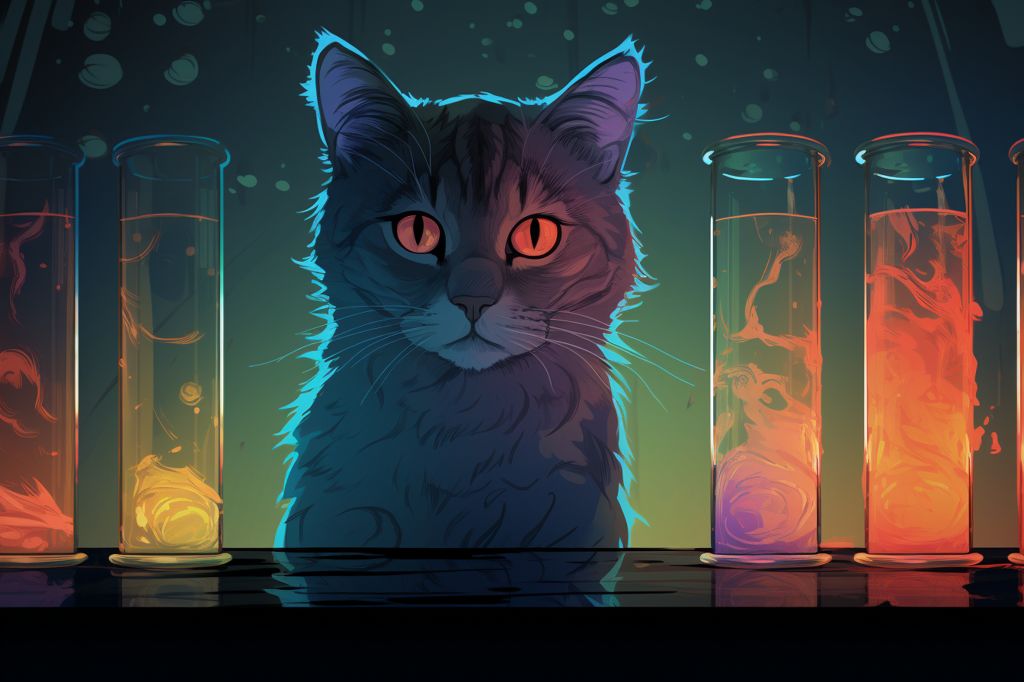The idea of cloning pets has become more popular in recent years, particularly amongst those who wish to maintain a connection with their beloved feline companions. However, cloning a cat is a complex process that comes with its own set of challenges and ethical concerns.
The Process of Cloning a Cat
The process of cloning a cat takes place in a laboratory setting. Scientists collect eggs from donor animals and remove their nucleus. The cells of the original pet are then introduced, providing the eggs with the complete genetic material of the cat. Unlike traditional fertilization, a sperm is not required. Instead, an electric current stimulates cell division. Once the embryo has reached maturity, it is surgically implanted into a surrogate mother cat, and if the surrogate accepts the embryo, pregnancy ensues.
The Ethical Implications of Cloning a Cat
Although cloning a cat is legal in the United States, the ethical implications of this practice remain a topic of heated debate. One significant factor to consider is the considerable expense associated with cloning. On average, cloning a cat can cost around $35,000, with variations depending on location and the size of your pet. Additionally, finding a willing veterinarian to collect tissue samples and send them to the cloning company can be a challenging task.
Moreover, ethical concerns abound when it comes to cloning animals. Some argue that the process is unnatural and that it interferes with the delicate balance of life. Additionally, there are concerns about the welfare of surrogate mother cats, donor animals, and the cloned offspring themselves. In some cases, cloned animals suffer from health issues, which may lead to a compromised quality of life.
The Potential Downfalls of Cloning a Cat
Although the idea of having a lifelong feline companion may be appealing, there are several reasons why pet owners may wish to think twice before opting for cloning. Firstly, cloning animals remains an imprecise scientific process, and the outcome may not always meet your expectations. While the cloned cat will have the same genetic makeup as the original, individuality and unique traits developed through life experiences and environmental factors may not be replicated in the clone.
Furthermore, the financial resources expended on cloning could be utilized in more altruistic ways, such as supporting animal rescue organizations or funding research for the betterment of animal welfare. With the staggering number of homeless cats and dogs in need of loving homes, adopting a new pet from a shelter may be a more ethical and practical alternative to cloning.
In conclusion, cloning a cat is an intricate, costly, and ethically ambiguous endeavor. While the notion of preserving the precious bond with our feline companions through cloning may be appealing, it is crucial to weigh the potential consequences and consider more practical alternatives. As we explore the ever-expanding realm of scientific advancements, it is essential that we remain mindful of the ethical implications and strive to make decisions that promote the well-being of all living creatures.












